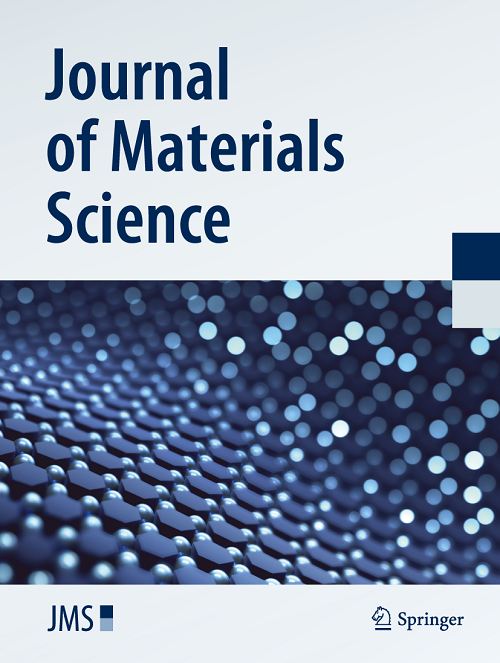A review on the wear performance of additively manufactured 316L stainless steel: process, structure, and performance
Abstract
Metal-based additive manufacturing (AM) has gained particular attention because of its potential for tailoring alloy systems. The flexibility in design and material properties makes the AM technology promising for individual customer-specific applications, such as biomedical implants. Due to its extensive range of applications, 316L austenitic stainless steel is one of the most common iron-based alloys. One of the challenges with 316L as a biomedical implant is to ensure resistance to damage by wear-assisted pitting and corrosion. There is limited research on the wear behavior of AM-processed 316L, whereas plenty of studies have been done on the tribological behavior of conventional 316L. This review aims to extensively explore the state of the art regarding the wear behavior of the AM-processed 316L at different processing and experimental conditions and correlate the wear behavior with its corresponding material properties. Additionally, potential post-processing treatments are discussed to improve the wear behavior of the alloy further. The accumulated knowledge from this review can be applicable to analyze the wear characteristics of AM 316L, paving the way for further improvement for its successful application as biomedical implants.
Graphical abstract


 求助内容:
求助内容: 应助结果提醒方式:
应助结果提醒方式:


